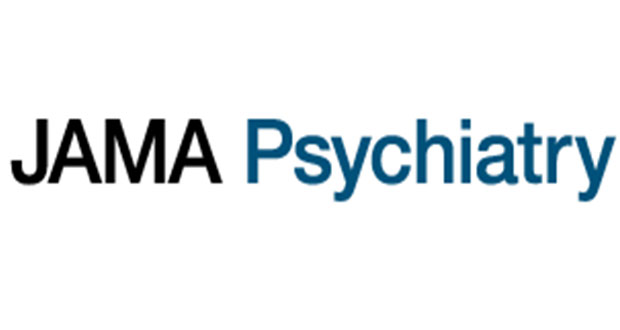 “Symptom management in older adults, including pain and distressing non-pain symptoms, can be challenging. Medications can cause side effects that worsen quality of life or create other symptoms, and polypharmacy itself can be detrimental in older adults.
“Symptom management in older adults, including pain and distressing non-pain symptoms, can be challenging. Medications can cause side effects that worsen quality of life or create other symptoms, and polypharmacy itself can be detrimental in older adults.
Cannabinoids may offer a way of managing selected symptoms with fewer side effects.
Medical marijuana is an important area of study for older adults because of the side effects of other medications. It is also important for Baby Boomers, who are likely to have more experience with marijuana than older adults of previous generations. Therefore, geriatricians should understand medical marijuana’s clinical indications, adverse effects, and legal context.
This article reviews the evidence regarding indications for and risks of medical marijuana use in older adults.”
https://www.ncbi.nlm.nih.gov/pubmed/29668039
https://onlinelibrary.wiley.com/doi/abs/10.1111/jgs.15346
“Our study finds that the therapeutic use of cannabis is safe and efficacious in the elderly population.” https://www.ncbi.nlm.nih.gov/pubmed/29398248








 “Symptom management in older adults, including pain and distressing non-pain symptoms, can be challenging. Medications can cause side effects that worsen quality of life or create other symptoms, and polypharmacy itself can be detrimental in older adults.
“Symptom management in older adults, including pain and distressing non-pain symptoms, can be challenging. Medications can cause side effects that worsen quality of life or create other symptoms, and polypharmacy itself can be detrimental in older adults. 
